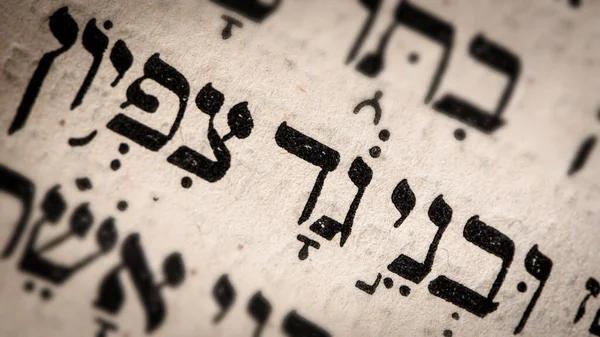The Yahrtzeit Kaddish service is an integral part of Jewish tradition, a solemn and meaningful ritual that honors the memory of loved ones who have passed away. It is a unique practice that provides comfort and solace to those left behind, serving as a poignant reminder of the enduring bond between the living and the deceased.
At its core, Yahrtzeit Kaddish is not merely a mourning ritual but also an affirmation of life and faith in God’s wisdom. The word “Kaddish” itself means sanctification or holiness, reflecting the inherent purpose of this prayer – to glorify God even in times of sorrow and loss. This seemingly paradoxical aspect underscores Judaism’s profound perspective on death – dive deeper into it is not seen as an end but rather as a transition into another form of existence.
Yahrtzeit Kaddish holds significance in honoring loved ones because it reaffirms their place within the community even after they have departed from this world. It serves as a testament to their lives, acknowledging their contributions and influence within their family, friends, and broader society. The act of reciting Kaddish symbolizes respect for the deceased while simultaneously reinforcing communal ties among those who mourn.
Moreover, Yahrtzeit Kaddish provides psychological benefits for those grieving. Reciting these ancient words offers individuals an opportunity to express their grief openly while seeking solace within their faith’s framework. This collective mourning process can foster emotional healing by providing mourners with support from others experiencing similar losses.
Beyond its role in memorializing individual lives, Yahrtzeit Kaddish also embodies broader themes central to Jewish belief systems such as hope and resilience amid adversity. Despite being associated with mourning rites primarily , this prayer does not dwell on death or despair; instead it emphasizes God’s greatness and praises His eternal reign over all creation – effectively transforming personal sorrow into universal affirmation of divine sovereignty.
While some may argue that rituals like these are outdated or irrelevant in modern times, the enduring significance of Yahrtzeit Kaddish in Jewish communities worldwide suggests otherwise. It continues to serve as a meaningful way for individuals to remember their loved ones, offering a spiritual connection that transcends physical death.
In conclusion, the Yahrtzeit Kaddish holds meaning in honoring loved ones because it allows mourners to express their grief and pay tribute to those they have lost within a supportive community setting. It also embodies core Jewish values such as faith in God’s wisdom and the sanctity of life itself. Despite its association with mourning, this service ultimately serves as an affirmation of life and hope amid sorrow – making it an integral part of how Judaism perceives death and memory.



